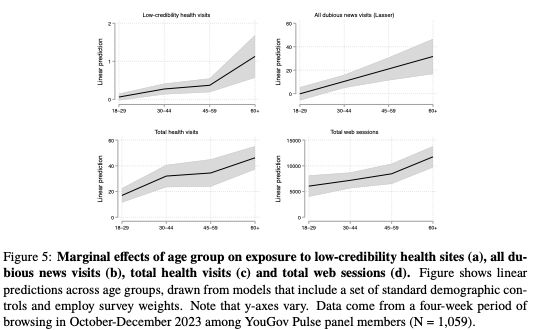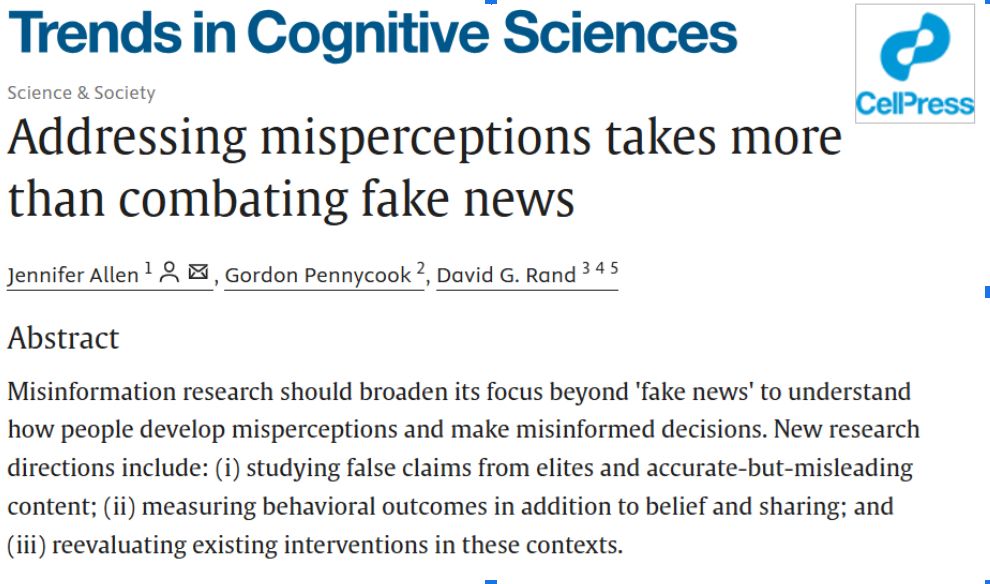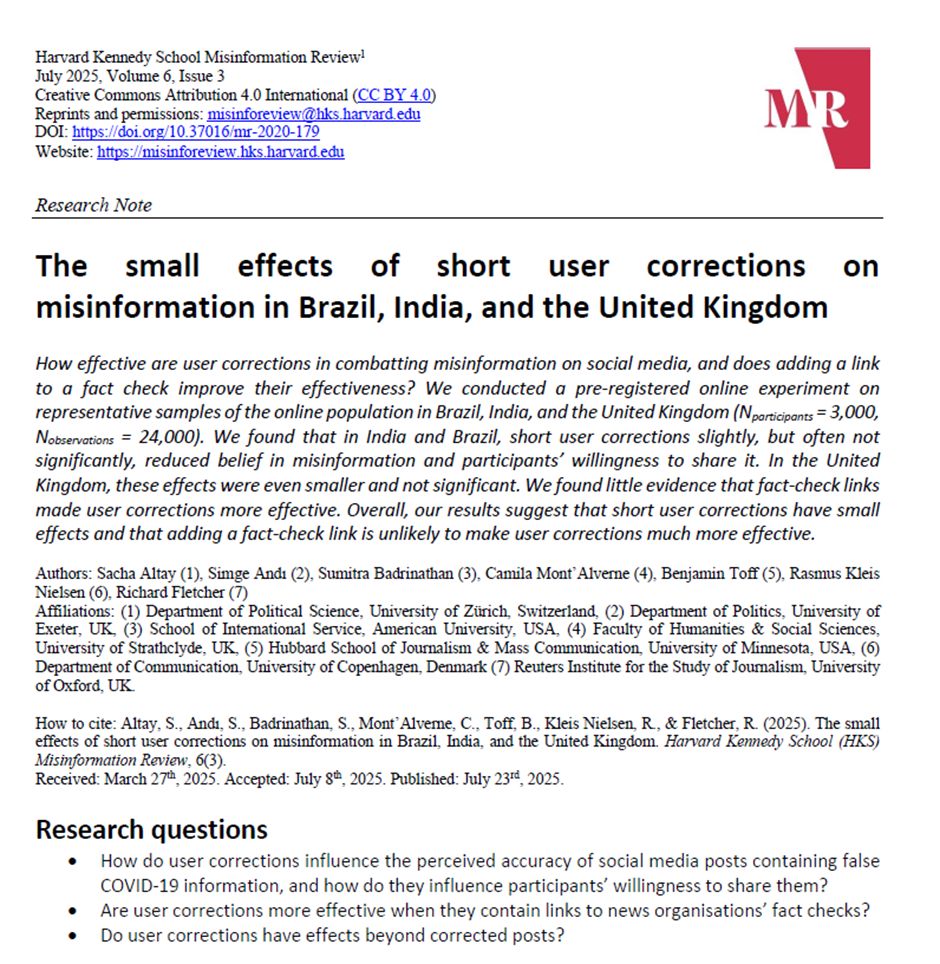



osf.io/preprints/os...
"pattern we find seems to be driven more by an underperformance of particularly popular high-quality outlets"

"pattern we find seems to be driven more by an underperformance of particularly popular high-quality outlets"
www.dropbox.com/scl/fi/27v4x...

www.dropbox.com/scl/fi/27v4x...
In our next #FallSeminarSeries talk, @benlyons.bsky.social of the University of Utah will investigate that paradox.
RSVP to join us in person or online on Tuesday, Nov. 4!

In our next #FallSeminarSeries talk, @benlyons.bsky.social of the University of Utah will investigate that paradox.
RSVP to join us in person or online on Tuesday, Nov. 4!
In the simple (and not causally identified) one group pre-post design, the intensive intervention seemed to reduce toxic polarization


In the simple (and not causally identified) one group pre-post design, the intensive intervention seemed to reduce toxic polarization
We merged a light touch intervention (typical of survey experiments) w/ an intensive intervention (more typical of practitioner efforts) for reducing toxic polarization to see if we could cheaply boost 🚀 the more intensive intervention


We merged a light touch intervention (typical of survey experiments) w/ an intensive intervention (more typical of practitioner efforts) for reducing toxic polarization to see if we could cheaply boost 🚀 the more intensive intervention

The Power of the Crowd:
How the Public Can Both Spoil and Improve Social Media as a Source of Information
Open access for the next 2 weeks!
This Cambridge Element by F. Stöckel, S. Stöckli, B.A. Lyons, H. Kroker & @jasonreifler.bsky.social is free to read for 2 weeks.
cup.org/4344Tyl
#cambridgeelements #politics #Polisky

The Power of the Crowd:
How the Public Can Both Spoil and Improve Social Media as a Source of Information
Open access for the next 2 weeks!

This Cambridge Element by F. Stöckel, S. Stöckli, B.A. Lyons, H. Kroker & @jasonreifler.bsky.social is free to read for 2 weeks.
cup.org/4344Tyl
#cambridgeelements #politics #Polisky


Personally, I think FT measures have some pretty major empirical oddities we're still evaluating
🔗 www.pnas.org/doi/10.1073/...

Personally, I think FT measures have some pretty major empirical oddities we're still evaluating
🔗 www.pnas.org/doi/10.1073/...

osf.io/preprints/ps...




🏅 Awardee: Nicolai Berk (U Zurich)
📄 The Impact of Media Framing in Complex Information Environments
www.tandfonline.com/doi/full/10....

🏅 Awardee: Nicolai Berk (U Zurich)
📄 The Impact of Media Framing in Complex Information Environments
www.tandfonline.com/doi/full/10....
Runner-up article: Megastudy testing 25 treatments to reduce antidemocratic attitudes and partisan animosity
By Jan G. Voelkel et al.
www.science.org/doi/10.1126/...

Runner-up article: Megastudy testing 25 treatments to reduce antidemocratic attitudes and partisan animosity
By Jan G. Voelkel et al.
www.science.org/doi/10.1126/...

I would like to clarify that I am not in fact the person in the photo, though
doi.org/10.1002/ejsp...
I would like to clarify that I am not in fact the person in the photo, though
doi.org/10.1002/ejsp...
Repeated exposure effect on moral condemnation of fake news www.nature.com/articles/s41... @dgrand.bsky.social
"...frequently seen headlines receive lower moral condemnation"
"Without this condemnation, the publication & spreading of online misinformation may be more common."

Repeated exposure effect on moral condemnation of fake news www.nature.com/articles/s41... @dgrand.bsky.social
"...frequently seen headlines receive lower moral condemnation"
"Without this condemnation, the publication & spreading of online misinformation may be more common."
It’s been ~10yrs since misinfo research exploded but our paradigms are stuck in the post-2016 “fake news” model
Time for new approaches:
o True/False → Content that misleads
o Belief → Behavior
o Eval interventions in ambiguous settings

It’s been ~10yrs since misinfo research exploded but our paradigms are stuck in the post-2016 “fake news” model
Time for new approaches:
o True/False → Content that misleads
o Belief → Behavior
o Eval interventions in ambiguous settings
In piece led by @sachaltay.bsky.social we find corrections have small effects, adding a fact-check unlikely to make them more effective misinforeview.hks.harvard.edu/article/the-... 1/6

In piece led by @sachaltay.bsky.social we find corrections have small effects, adding a fact-check unlikely to make them more effective misinforeview.hks.harvard.edu/article/the-... 1/6

